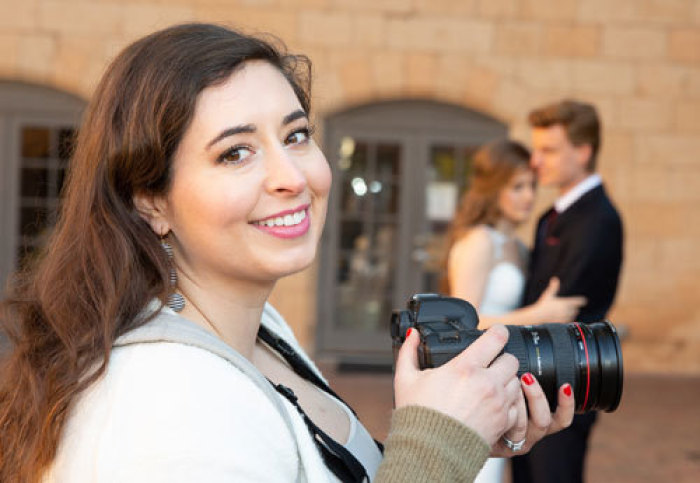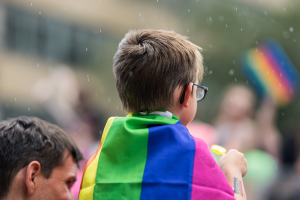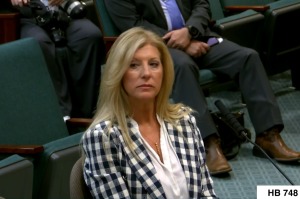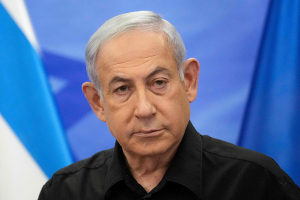DOJ backs Kentucky wedding photographer suing over local LGBT ordinance

The U.S. Department of Justice has sided with a Kentucky-based photographer suing a city over an ordinance that compels her to service same-sex weddings.
The Justice Department announced last Thursday that it filed a statement of interest brief on behalf of Chelsey Nelson in her legal battle against Louisville-Jefferson County Metro Government Ordinance § 92.05, which prohibits discrimination based on sexual orientation, among other things, for public accommodations.
Filed in the U.S. District Court for the Western District of Kentucky, the statement of interest supports the plaintiff’s request for a preliminary injunction and argues that the government cannot force a photographer to service same-sex weddings.
“The central question presented in this case is whether the government can compel a wedding photographer to photograph, provide photography editing services for, and blog about weddings of which she does not approve, and does not wish to photograph or to promote. The answer is no,” states the introduction of the brief.
“Just last year, in fact, the Eighth Circuit held that Minnesota could not force wedding videographers to film weddings that they did not wish to film.”
Eric Dreiband, assistant attorney general for the DOJ Civil Rights Division, said in a statement last week that the ordinance violates Nelson’s First Amendment rights.
“The First Amendment forbids the government from forcing someone to speak in a manner that violates individual conscience,” stated Dreiband.
“The U.S. Department of Justice will continue to protect the right of all persons to exercise their constitutional right to speech and expression.”
Last November, Nelson filed a lawsuit, being represented by the Alliance Defending Freedom, a conservative law firm that specializes in religious liberty cases.
The suit was a “pre-enforcement challenge,” as Nelson has not yet been charged with violating the ordinance or punished by the government for refusing to photograph a same-sex wedding.
“Artists shouldn’t be censored, fined, or forced out of business simply for disagreeing with the government’s preferred views,” said ADF Senior Counsel Kate Anderson in a statement last year.
“On countless other topics, photographers and other artists can freely choose the stories they tell. Chelsey simply asks for the same freedom.”
Chris Hartman of the Fairness Campaign, a Kentucky-based LGBT advocacy group, told WDRB in an interview last November that he considered the lawsuit “a fishing expedition” and “tantamount to a frivolous lawsuit.”
“They are throwing spaghetti at the wall, the Alliance Defending Freedom, to do whatever they can to try to attack LGBTQ rights anywhere they can in the nation,” said Hartman at the time.
Last August, a three-judge panel of the U.S. Court of Appeals for the Eighth Circuit sided with a Christian couple in Minnesota who did not want to film gay weddings due to religious objections.
The panel concluded that the Minnesota Human Rights Act violated the First Amendment rights of Carl and Angel Larsen of Telescope Media Group.
Circuit Judge David Stras, author of the court opinion, wrote that “antidiscrimination laws, as critically important as they are, must yield to the Constitution.”
“Indeed, if Minnesota were correct, there is no reason it would have to stop with the Larsens. In theory, it could use the MHRA to require a Muslim tattoo artist to inscribe ‘My religion is the only true religion’ on the body of a Christian if he or she would do the same for a fellow Muslim, or it could demand that an atheist musician perform at an evangelical church service,” wrote Judge Stras last year.





























